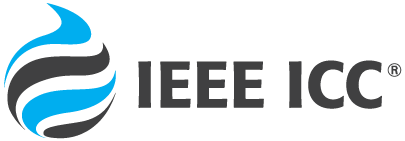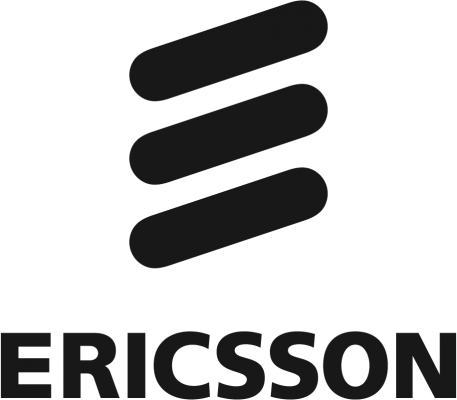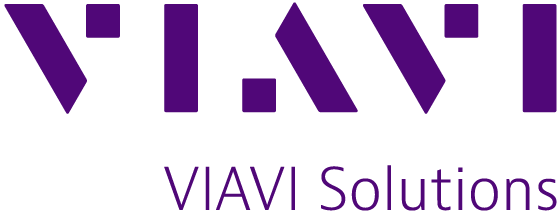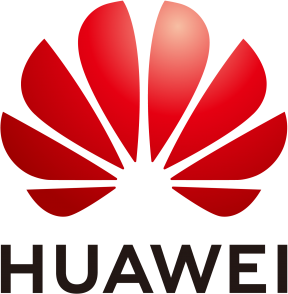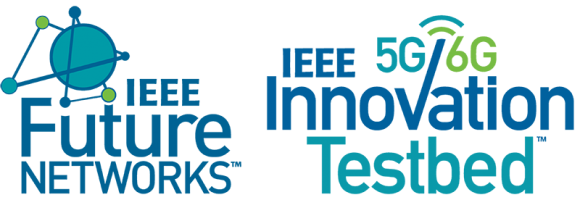Scope
To alleviate the conflict between limited radio frequency (RF) spectrum resources and increasing wireless traffic demands, spectrum sharing has been regarded as a natural technique to increase spectrum efficiency and utility for next generation (e.g., 6G) wireless system design and deployment, and is expected to generate huge scientific, societal, and economic value. In recent years, the FCC has released a large amount of spectrum to be unlicensed or lightly licensed allowing dynamic spectrum sharing (DSS) among incumbent licensed, lower priority licensed, and unlicensed services and systems. DSS is expected to be used widely in many scenarios and use cases including: 6G Internet of Things, non-terrestrial networks, vehicle-to-everything (V2X), wireless broadband, and others.
To bring DSS to fruition, new technical challenges must be adequately addressed, including but not limited to – intelligent sensing and RF spectrum awareness, incumbent protection and fair sharing of spectrum resources, coexistence of active and passive RF systems, 6G testbed and measurement techniques, beside others. To achieve constructive spectrum sharing, bi-lateral (or bi-directional) sharing between incumbent and secondary services in both licensed and unlicensed spectrum has promise to bring large performance gains for both parties. The coexistence between active and passive RF systems has received relatively little attention. Yet, passive sensing services (e.g., radio astronomy and remote sensing) need to operate in quiet RF environments and are often highly sensitive to interferences in co-channel or spectrally adjacent channels. To support wireless coexistence system measurement and deployment, flexible 5G/6G testbed and efficient measurement techniques that can handle large, complex systems are of great interest.
This workshop provides a venue to bring together standards developers, researchers, and engineers from the government, industry, and academia to present and discuss recent results and future directions on spectrum sharing technology, and to promote its expedited deployment.
---
We seek original completed and unpublished work not currently under review by any other journal/ magazine/conference.Topics of interest including but are not limited to::
- Policy and standardization progress on spectrum allocation and sharing.
- Spectrum sharing between active and passive sensing systems.
- Radio astronomy and spectrum sharing in non-terrestrial networks.
- Bi-lateral spectrum sharing among incumbent and secondary systems.
- Spectrum sharing among secondary systems (such as NR-U and Wi-Fi 6E).
- Intelligent spectrum sensing and signal (or interference) classification methods.
- Reliability in spectrum sharing in public safety, V2X, and medical communication networks.
- Trustworthy artificial intelligence and machine learning (AI/ML) for spectrum sharing.
- Modeling, simulation, measurement, and optimization techniques for spectrum sharing systems.
- Development of testbed and measurement techniques.
- Measurement results and lessons learned from deployments of spectrum sharing systems.
Workshop Web Page
Important Dates
- Workshop Paper Submission Deadline:
20 January 2024 - Paper Acceptance Notification:
6 March 2024 - Camera Ready:
15 March 2024 - Accepted Author Registration Deadline:
15 March 2024
Submission Link
https://ws34icc2024workshop-ngsst.edas.info/
Workshop Chair
- David Yao Ma (NIST)
- Cong Shen
- Nicholas Mastronarde
